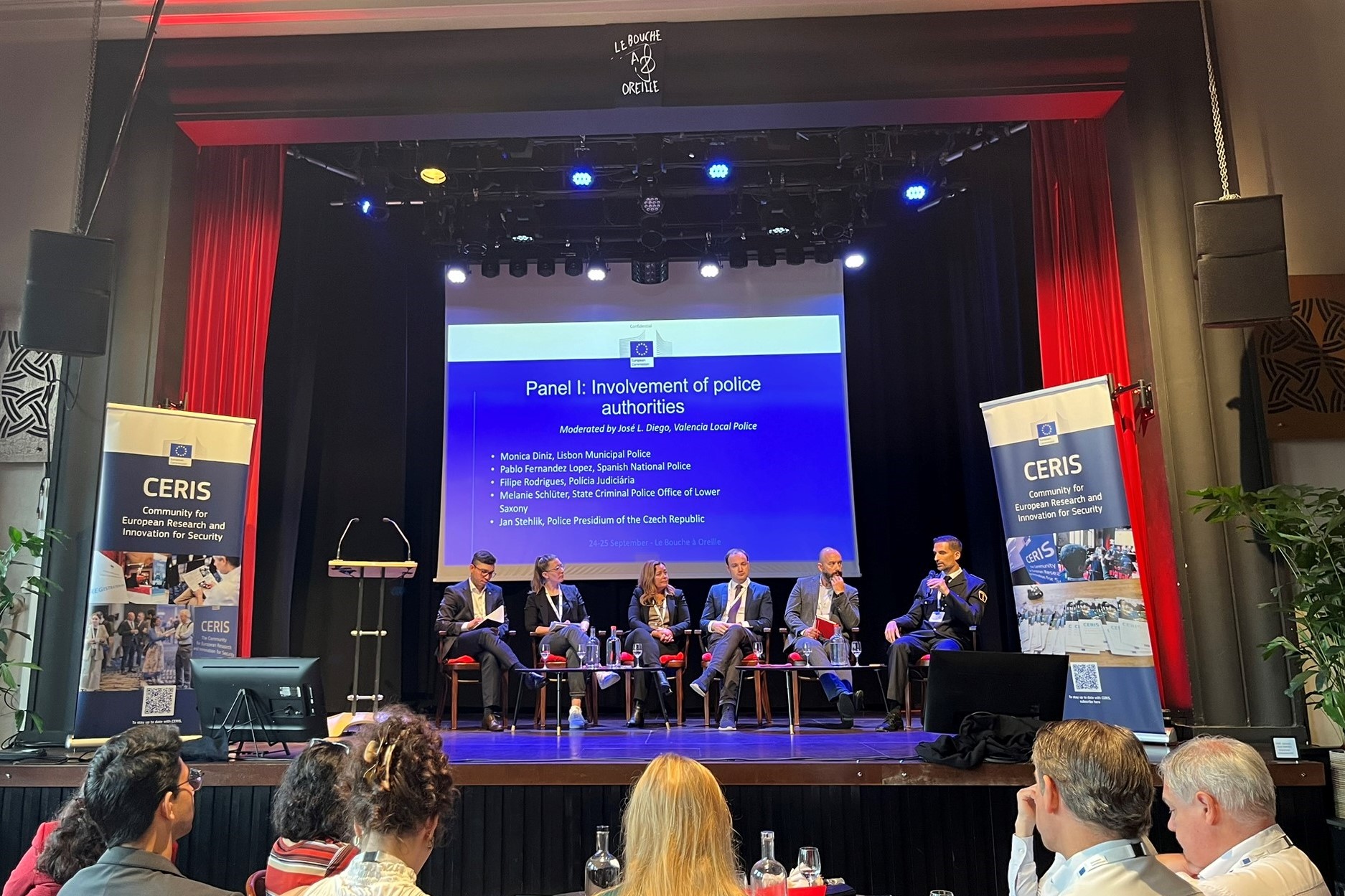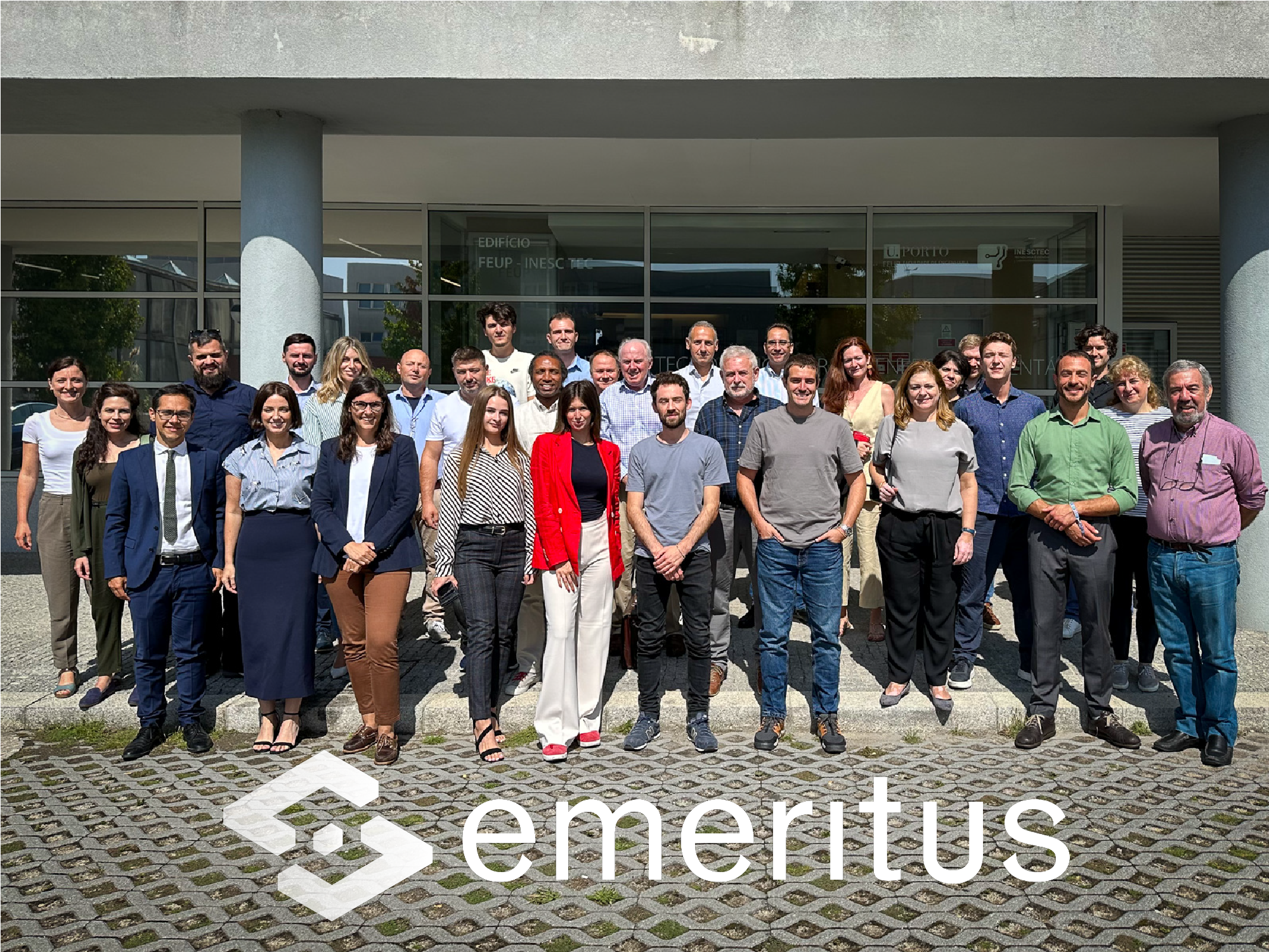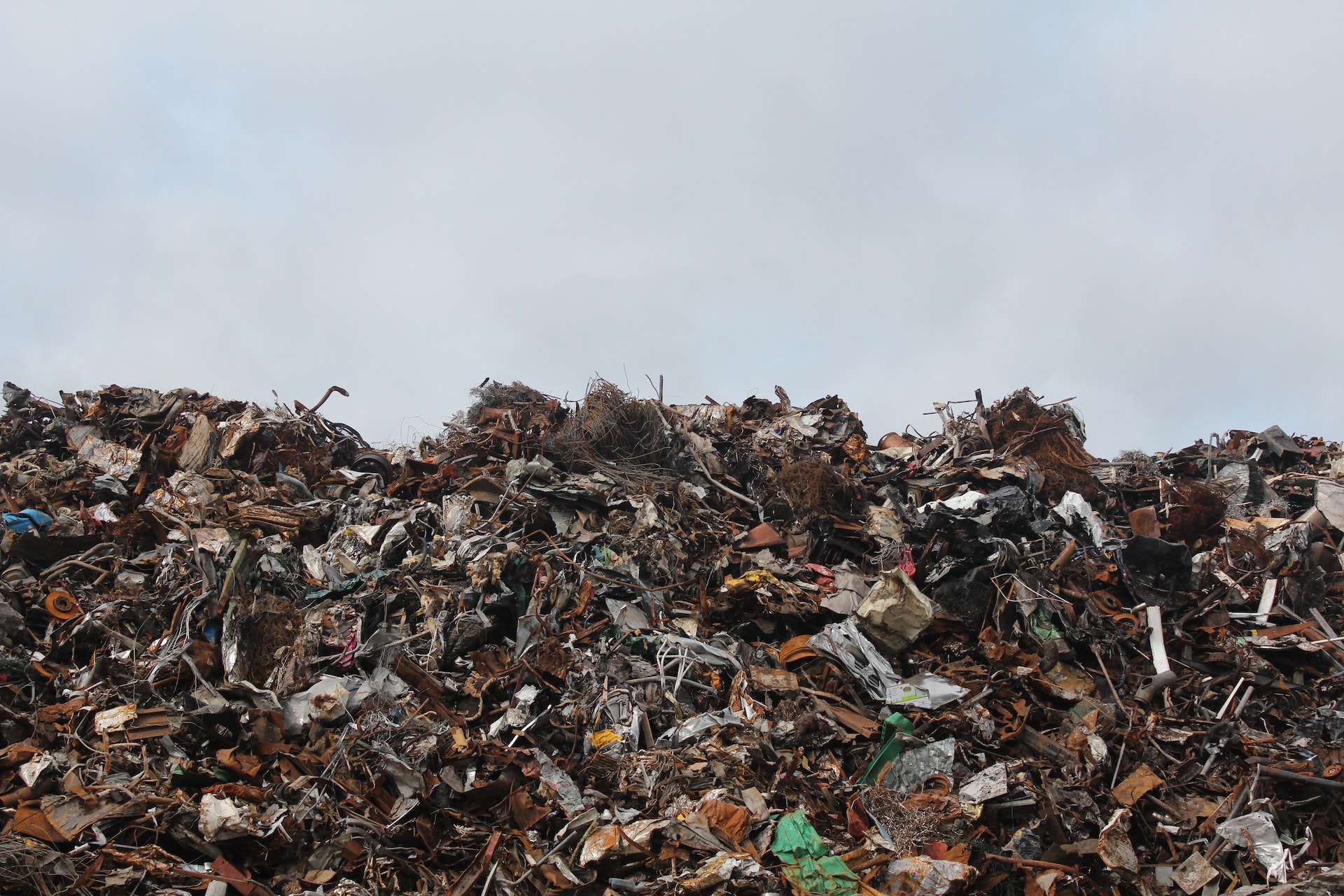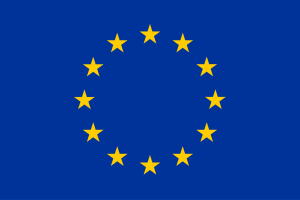EMERITUS and GMV advancing environmental protection through innovation
As time goes on, there is a growing collective awareness of the need to protect the environment. Preserving forests, water sources, air quality, and soil health is crucial for the continuation of life on our planet. With climate change, air pollution, and water scarcity moving from mere topics of debate to tangible threats, governments are taking action on behalf of their citizens. This involves bolstering legislation and spearheading initiatives that engage society through collaborative, multidisciplinary groups.
The European Union embodies this principle through initiatives such as Horizon 2020 previously and, currently, Horizon Europe. It is within these frameworks that projects like EMERITUS emerge, consisting of a consortium bringing together technology and innovation companies, research institutions, law enforcement authorities (LEAs), border guards (BGs) and training centers.
The GMV Remote Sensing and Geospatial Analytics (RSGA) Division, based in Madrid, Spain, oversees this project and develops analytical solutions using satellite imagery from its branch in Romania.
The EMERITUS project – full title, Environmental crimes’ intelligence and investigation protocol based on multiple data sources – aims to provide technologies, protocols, and training to address environmental crimes related to waste, focusing on four specific scenarios: water pollution, waste trafficking, detection of illegal dumpsites, and monitoring waste collection centers.

How do technology and innovation contribute to legal matters involving judges, prosecutors, and authorities?
In essence, technology and innovation streamline processes by expediting data collection to initiate investigations, covering extensive geographic areas, and minimising travel for investigative personnel. While protocols and evidence presented to a judge must meet legal requirements, technology clearly aids in accelerating these procedures.
Technology today serves as a crucial ally in achieving EMERITUS’s objectives. For example, sensors are used for data collection to analyse water, while high-resolution drone imagery monitors waste storage facilities, and satellite images aid in identifying illegal dumpsites. However, data requires analysis for meaningful results, leading to the development of models to identify substances in water and determine if they surpass permitted limits, as well as models for processing satellite images and detecting objects through automated processes. Ultimately, delivering these results requires a user-friendly environment, exemplified by the EMERITUS platform, which integrates various tools developed for specific use cases.
Despite the simplicity of the above description, this involves adopting processes, methodologies, protocols, communication networks, and more. To further explore the analytical aspect of these processes, I’ll use the example of technology and innovation in developing a model to detect illegal dumpsites using satellite images. This model forms a part of the technical solution provided by GMV to EMERITUS.
As an initial step, training a Machine Learning model is necessary for it to learn how to identify a dumpsite. However, this identification process requires a substantial number of high-resolution images covering the area of interest and that they be available for free access. Here arises a challenge along with a new technological and innovative solution: applying super-resolution models to enhance the spatial resolution of SENTINEL-2 images from the Copernicus program, thereby improving their ability to identify objects. Executing such models entails rapid processes involving the use of processors, graphics cards, memory, storage, etc. Furthermore, the results generated by these models need to be transformed into easily understandable information, such as a map or a report.

How is the information disseminated to users across the globe?
Information is spread and made available to different users globally through the integration into a cloud-based platform, granting access to different users via encryption and security measures. Undoubtedly, technology and innovation are indispensable for delivering actionable information that expedites investigation processes. Projects like EMERITUS shows the benefits of harnessing technology and innovation to combat environmental crimes.





